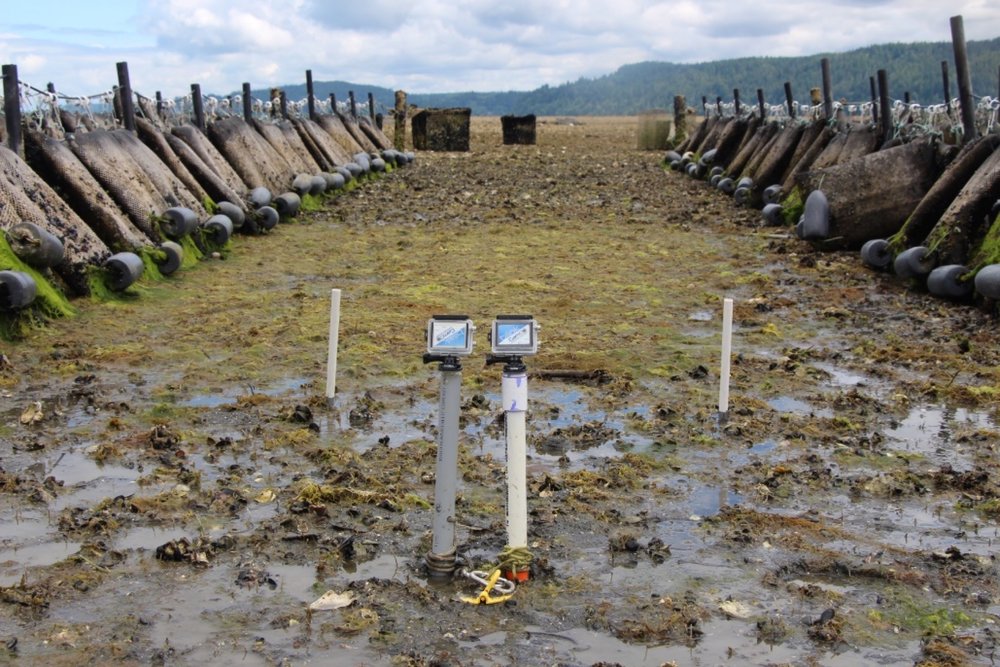July 8, 2019
Last week was a busy one for European green crab monitoring on Washington’s inland shorelines. Two expanded trapping efforts were taking place simultaneously at the beginning of the week, with mixed results. The first, a trapping effort in Whatcom County conducted by Washington Department of Fish and Wildlife (WDFW) Technician, Chelsey Buffington, turned up three European green crab in Chuckanut Bay. WDFW conducted this trapping in response to the recent discovery of a green ...
Read MoreJUL
2019




 Washington’s recreational boaters have diverted nearly 11 million gallons of sewage from coastal and inland waters by pumping out their boat holding tanks at more than 140 public pumpout stations last year. ...
Washington’s recreational boaters have diverted nearly 11 million gallons of sewage from coastal and inland waters by pumping out their boat holding tanks at more than 140 public pumpout stations last year. ...